|
BLOG
Korte and Associates
News
GET THE LEGAL ASSISTANCE YOU REQUIRE AT THIS MOMENT
|
Eviction and Paying Rent into the Court Registry
Why do I have to pay rent into the court registry?
In Florida, tenants must pay rent into the court’s registry during an eviction case. If you not pay the rent due, you may lose the eviction case by “default.” That means an eviction judgment is entered against you quickly, without any hearing or opportunity to tell your side of the story.
What do I have to pay into the registry?
If any of your rent was unpaid at the time the eviction case was filed, you must deposit that unpaid rent into the court’s registry.
The complaint filed by your landlord in the eviction case should state the amount of monthly rent that is due and the month(s) in which it was not paid.
If your landlord’s statement in the complaint is correct, you must deposit the amount he/she stated is owed. For example, if the complaint states that the rent is $700 per month and that it was not paid last month or this month, and if that is correct, you must deposit $1400 (two months’ rent) into the court’s registry.
If your landlord’s statement in the complaint is not correct because you have already paid all the rent, you are not required to deposit the amount your landlord claims is unpaid.
What if I disagree with the amount my landlord says I owe?
If you disagree with your landlord’s statement of unpaid rent in the complaint, you must file a “Motion to Determine Rent.”
In that motion, you:
1) explain to the judge why your landlord is wrong about the unpaid rent,
2) tell the judge the correct amount of unpaid rent, and
3) ask the judge to determine the amount of rent you must deposit.
If you file a Motion to Determine Rent, the law does not require you to deposit any rent until the judge rules on your motion and tells you how much to deposit. However, this law is interpreted differently by different judges around the state, and some judges will enter a “default” against you if you do not deposit the amount you claim is owed when you file your response. Therefore, if you file a Motion to Determine Rent, it is recommended that you go ahead and deposit what you believe is the correct amount of unpaid rent.
A new rent check is due since this case has started, do I pay the landlord?
If/when your rent comes due again while your eviction case is pending, you must deposit it into the court’s registry, instead of paying it to your landlord.
For example, if the eviction case was filed in May and is not resolved before June, you must deposit your June rent into the court’s registry when it comes due. You should deposit your rent into the court’s registry on or before the “due date” in your lease (usually the first day of the month). You must continue to do that every month until the eviction case is resolved.
Do I have to pay money to make a deposit into the court registry?
There is a fee for depositing your rent into the court’s registry.
However, if you are unable to pay the fee, you can ask the clerk of the court for an “Application for Determination of Civil Indigent Status.” On that form, you will list your income and expenses. If you qualify, the clerk will deposit your rent without charging you the extra fee.


